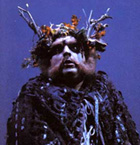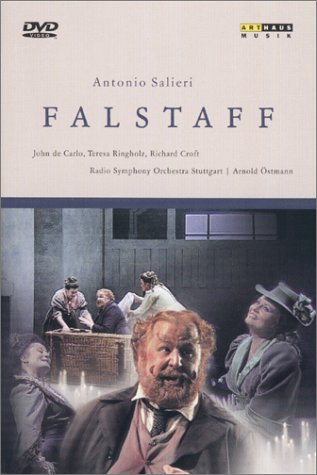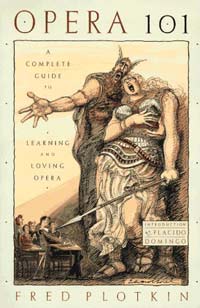|
contact |
||
2 hours to humiliate Falstaff 3 times to general merriment. Jealous husbands, but all ends well. Based on Shakespeare. |
|||
Othello (Kenneth Branagh as Iago) |
|||
| |||
|
Verdi's Falstaff In his sole comedy about the rotund Sir John Falstaff, Shakespeare unwittingly laid the groundwork for one of the world's most beloved operas, Giuseppe Verdi's Falstaff. (The poet W. H. Auden went so far as to declare in his "Lectures on Shakespeare" that the opera alone redeems the play, which Auden considered insubstantial.)  Verdi was 76 when he began work on the score for Falstaff in 1889. Keenly aware of his age and waning physical powers, he hesitated to embark on the work-yet he yearned to undertake an "opera buffa," and he had always been fascinated by the figure of Falstaff. To his longtime librettist, Arrigo Boito, who had first proposed Merry Wives to Verdi and had recently drafted a libretto, the composer confided, "In outlining Falstaff, have you ever thought of my enormous weight of years? I know that in replying, you will exaggerate the robust state of my health. But even if it is as you say, you must agree that in taking on such a task I may over-tax my strength. What if I could not stand the strain? What if I could not finish the music?"
Verdi was 76 when he began work on the score for Falstaff in 1889. Keenly aware of his age and waning physical powers, he hesitated to embark on the work-yet he yearned to undertake an "opera buffa," and he had always been fascinated by the figure of Falstaff. To his longtime librettist, Arrigo Boito, who had first proposed Merry Wives to Verdi and had recently drafted a libretto, the composer confided, "In outlining Falstaff, have you ever thought of my enormous weight of years? I know that in replying, you will exaggerate the robust state of my health. But even if it is as you say, you must agree that in taking on such a task I may over-tax my strength. What if I could not stand the strain? What if I could not finish the music?"At the same time, Verdi could not suppress his enthusiasm for the project. "What a joy to be able to say to the public, 'Here we are again!! Come and see us!'" Boito's soothing response struck the right note, and days later Verdi began composing the opera. It's easy to see why. Boito's argument-like Falstaff's wily charms-proved irresistible. "I don't think you will find writing a comic opera fatiguing," Boito had written. "A tragedy makes its composer really suffer. His mind dwells on grief, and his nerves become unhealthily agitated. But the jests and laughter of comedy exhilarate both mind and body. You have longed for a good subject for a comic opera all your life, which proves you have a natural aptitude for the noble art of comedy. Instinct is a good guide. There is only one way to end your career more splendidly than with Otello, and that is to end it with Falstaff." And so Verdi did. The opera's final quatrain, sung by the whole company, captures Falstaff's buoyant approach to life: "Tutto nel mondo è burla" ("everything in the world is a joke"). The Play: History and Sources If John Dennis and Nicholas Rowe are to be believed, Shakespeare wrote The Merry Wives of Windsor in a mere two weeks at the command of Queen Elizabeth I, who reportedly told the playwright that she "was so well pleased with the admirable character of Falstaff, in the two parts of Henry IV," she wished Shakespeare to revive him "for one play more, and to show him in love." That account, as given first by Dennis in the dedication to his 1702 play The Comical Gallant, an adaptation of Merry Wives, and again by Rowe in the introduction to his 1709 edition of Shakespeare's works, has stuck to the play for centuries and bedeviled more than one scholar. Far more probable, as Giorgio Melchiori writes in his introduction to the Arden Shakespeare edition of Merry Wives, is that the play "was conceived and written as a royal entertainment to be performed at the feast held in Westminster Palace on St. George's Day, April 23, 1597, to celebrate the election of five new knights (one of them being George Carey, Lord Hunsdon, the patron of Shakespeare's company) to the Order of the Garter." |
|||
| top
|
|||








 View great Shakespeare movies
View great Shakespeare movies 